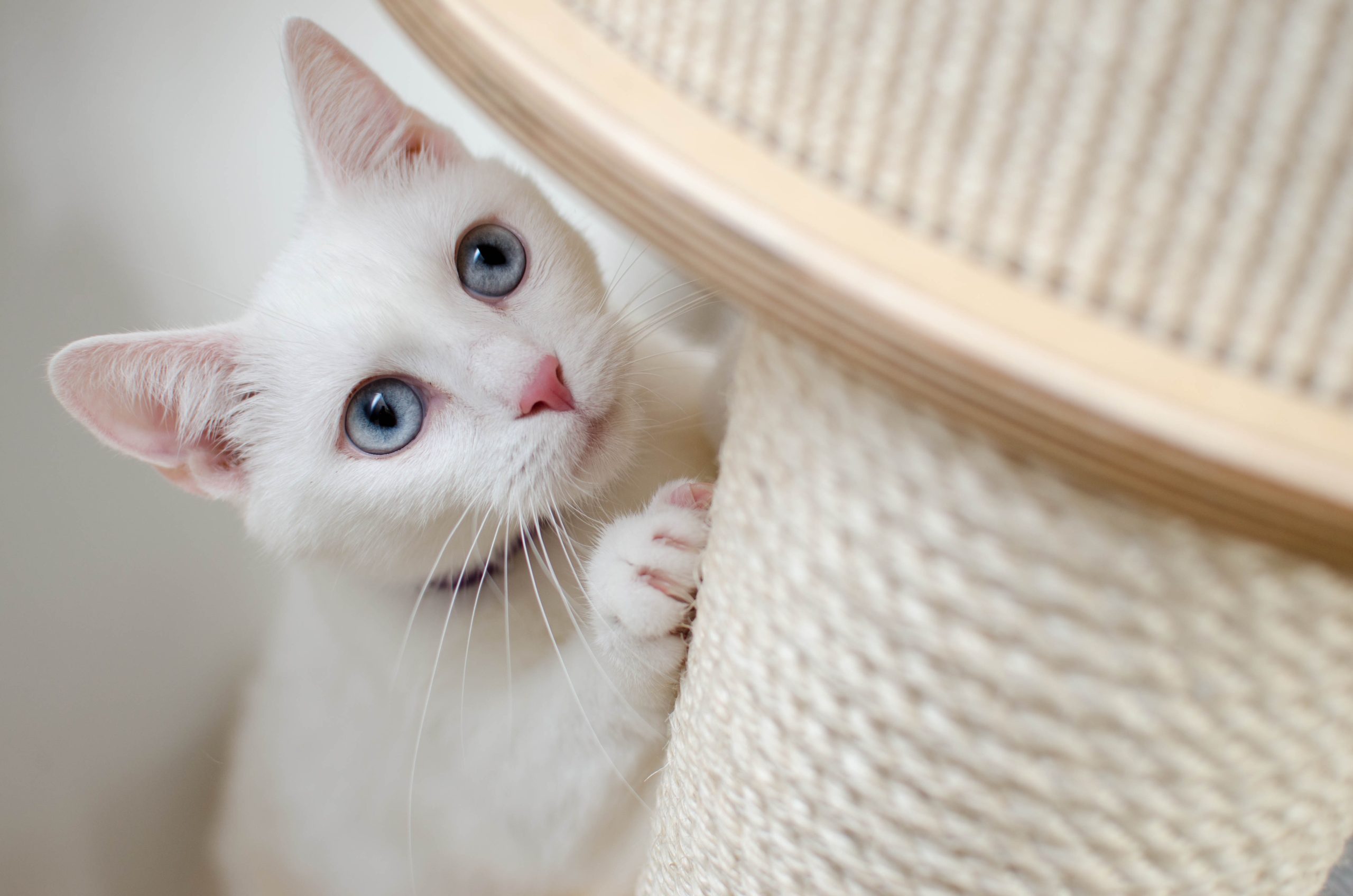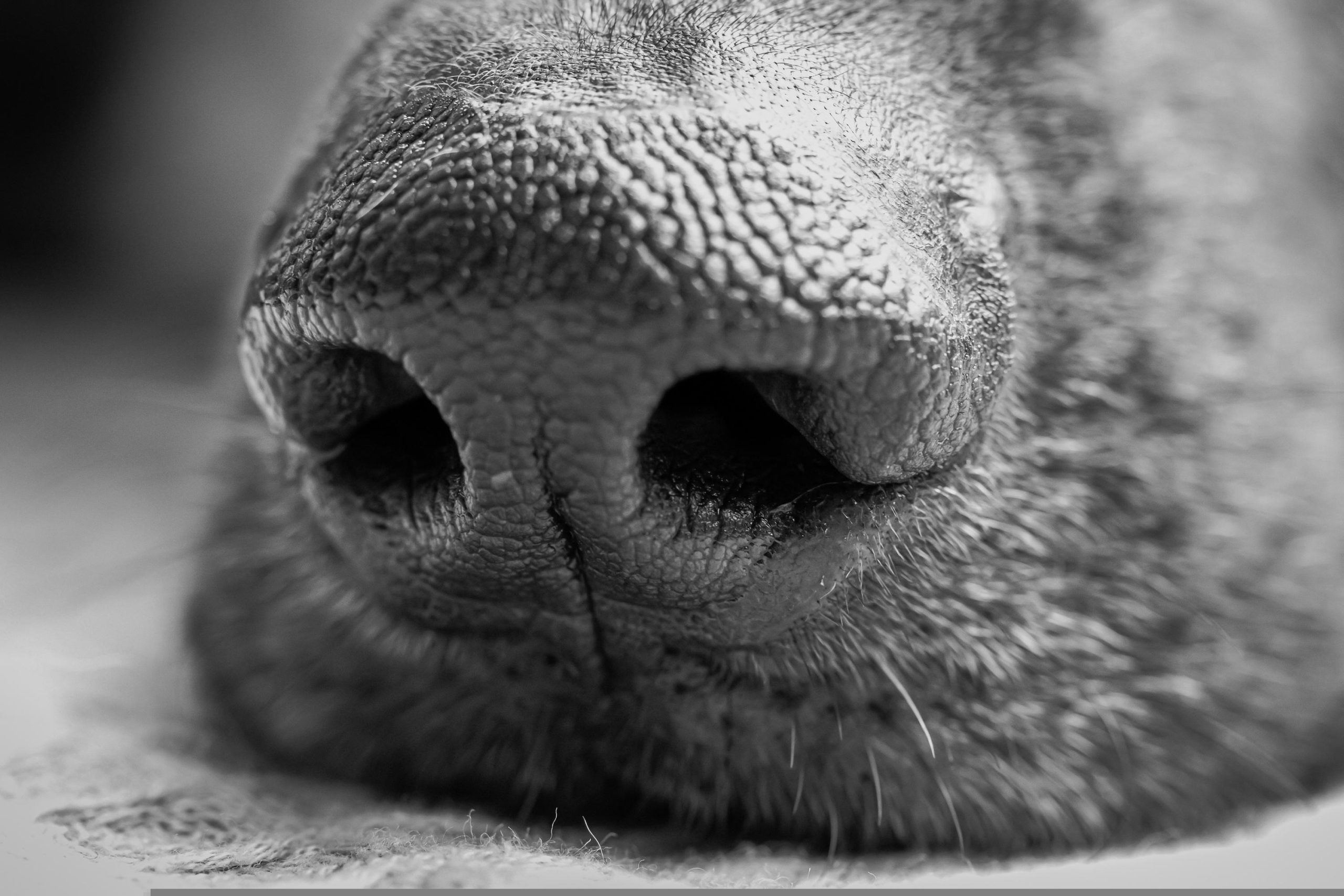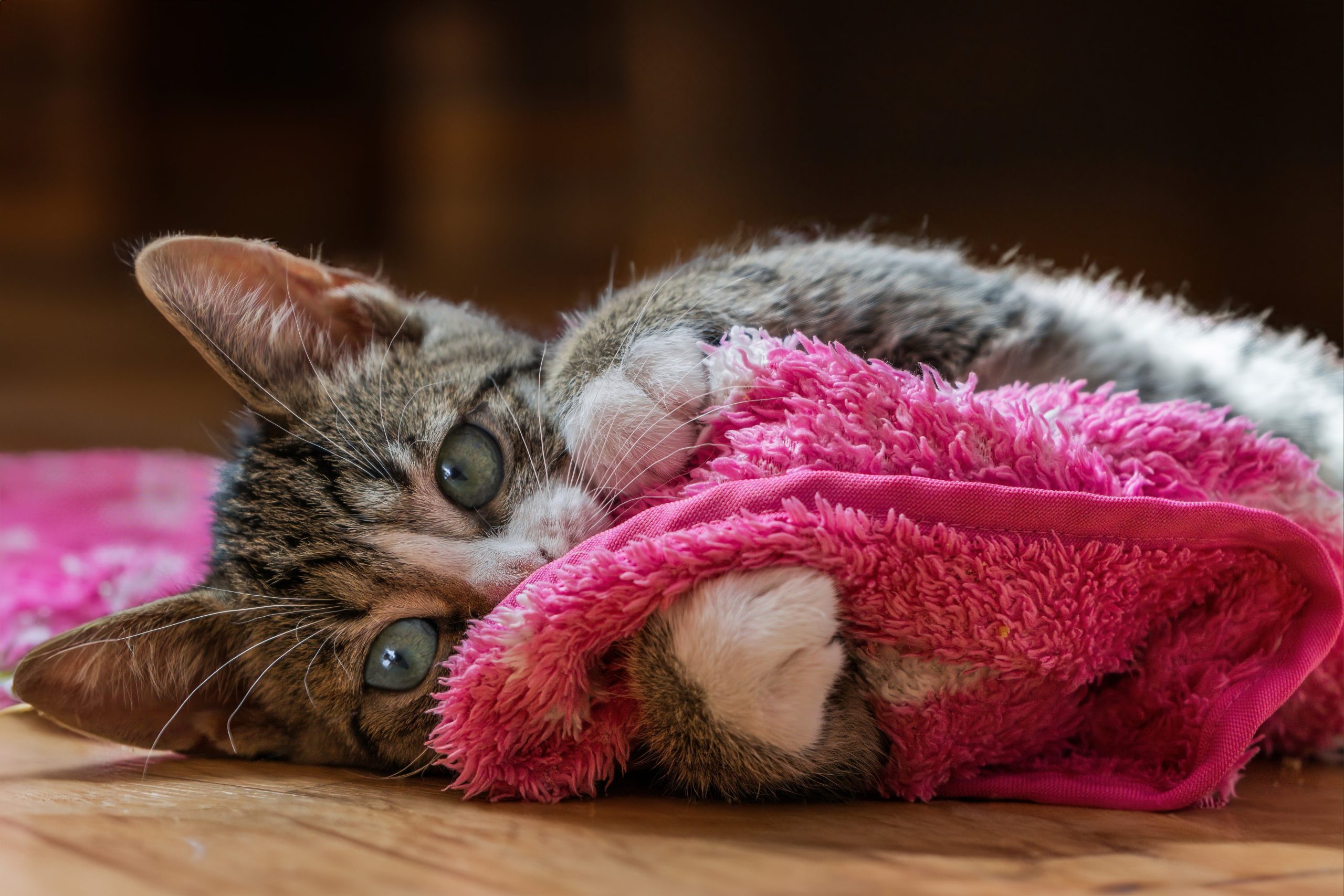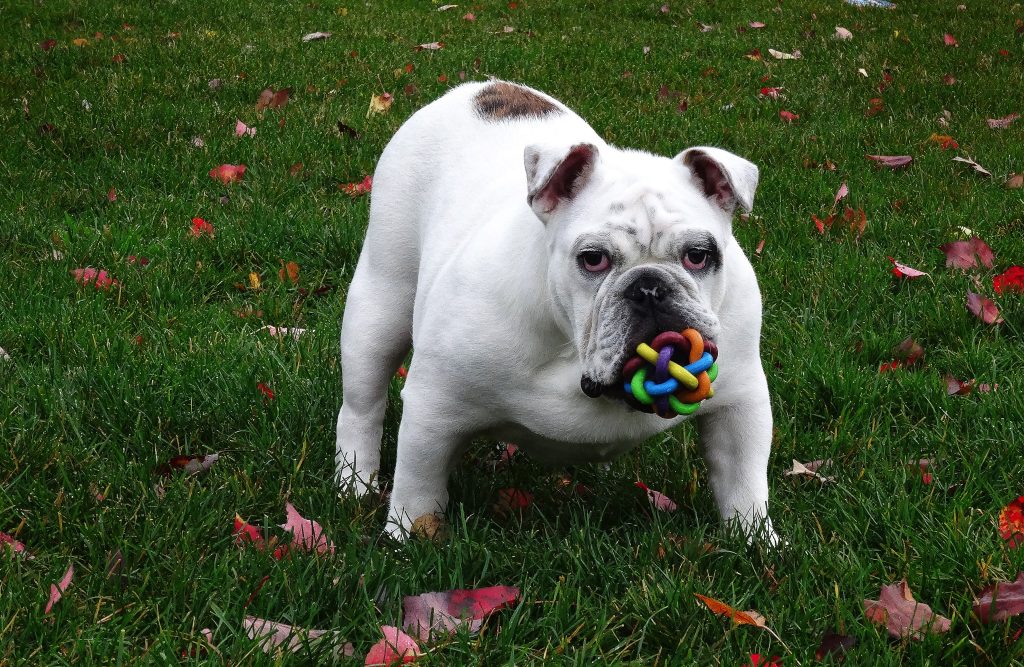Hypercalcemia is a serious metabolic disorder characterized by abnormally high levels of calcium in the blood. In cats, this condition can arise from various underlying causes and can have significant impacts on multiple organ systems. Calcium plays a crucial role in numerous bodily functions, including bone formation, muscle contraction, nerve signaling, and blood clotting. When calcium levels become elevated, it can disrupt these processes and lead to a range of health issues. Hypercalcemia can be classified as mild, moderate, or severe, depending on the degree of elevation, and can be either acute or chronic. The prevalence of hypercalcemia appears to be increasing in feline populations, possibly due to improved diagnostic capabilities and increased awareness among veterinarians. Understanding hypercalcemia is crucial for cat owners and veterinary professionals alike, as early detection and appropriate management can significantly impact the prognosis and quality of life for affected cats.
Signs and Symptoms:
The signs and symptoms of hypercalcemia in cats can be subtle and non-specific, especially in mild cases or early stages of the condition. As calcium levels rise or the condition persists, symptoms typically become more pronounced and may affect multiple organ systems. One of the most common signs is increased thirst and urination, as the kidneys attempt to excrete excess calcium. Gastrointestinal symptoms are also frequent and may include decreased appetite, vomiting, and constipation. Some cats may experience weight loss, even in the face of a normal appetite, due to the metabolic effects of high calcium levels. Lethargy and weakness are common, as hypercalcemia can affect muscle function and energy metabolism. In more severe cases, cats may show neurological symptoms such as depression, confusion, or even seizures. Cardiac abnormalities, including arrhythmias, can occur due to calcium’s role in heart function. Additionally, symptoms can sometimes be attributed to the underlying cause of hypercalcemia rather than the high calcium levels themselves.
Treatment Advice:
Treatment of hypercalcemia in cats focuses on addressing the underlying cause while simultaneously managing the elevated calcium levels and their effects on the body. The approach to treatment can vary significantly depending on the severity of hypercalcemia. In cases of mild, asymptomatic hypercalcemia, close monitoring may be sufficient if no underlying cause is identified. For moderate to severe hypercalcemia, or when significant symptoms are present, more aggressive intervention is typically necessary. The first step in treatment is often intravenous fluid therapy to promote calcium excretion through the kidneys. This is usually done with normal saline, which can help correct dehydration and dilute serum calcium levels. In more severe cases, medications may be used to lower calcium levels more rapidly.For malignancy-associated hypercalcemia, treatment of the underlying cancer is crucial and may involve chemotherapy, radiation, or other cancer-specific therapies. In cases of vitamin D toxicity, supportive care and measures to prevent further absorption of vitamin D are key. For idiopathic hypercalcemia, which is common in cats, dietary management is often a primary treatment strategy. Low calcium, low vitamin D diets may be recommended, and some cats benefit from high-fiber diets. Throughout treatment, regular monitoring of calcium levels, kidney function, and overall health status is essential to assess the response to therapy and adjust the treatment plan as needed.
Preventive Measures:
While not all cases of hypercalcemia can be prevented, there are measures that can help reduce the risk or catch the condition early. Regular veterinary check-ups with blood work are crucial for early detection of elevated calcium levels before clinical signs become apparent. Maintaining a balanced diet appropriate for your cat’s life stage and health status is important. Avoid excessive supplementation with calcium or vitamin D unless specifically recommended by a veterinarian. For cats prone to forming urinary calculi, ensuring adequate water intake and appropriate diet can help prevent stone formation, which can be associated with hypercalcemia.. For breeds known to have a higher risk of conditions associated with hypercalcemia, extra vigilance and potentially genetic testing may be considered. Education is key; cat owners should be aware of the signs of hypercalcemia and the importance of regular health screenings, especially as their cats age.
Conclusion:
Hypercalcemia in cats is a complex metabolic disorder that can have serious health implications if left unaddressed. Its varied causes and often subtle clinical presentation make it a challenging condition to diagnose and manage. However, with increased awareness, regular veterinary care, and advancements in diagnostic and treatment options, the prognosis for many cats with hypercalcemia has improved significantly. The key to successful management lies in early detection, accurate diagnosis of the underlying cause, and tailored treatment approaches. For cat owners, being vigilant about their pet’s health, maintaining regular veterinary check-ups, and providing a healthy lifestyle are crucial steps in managing this condition.With proper care and management, many cats with hypercalcemia can maintain a good quality of life and, in some cases, achieve resolution of the condition.




 On demand visits for urgent issues 24/7
On demand visits for urgent issues 24/7 








